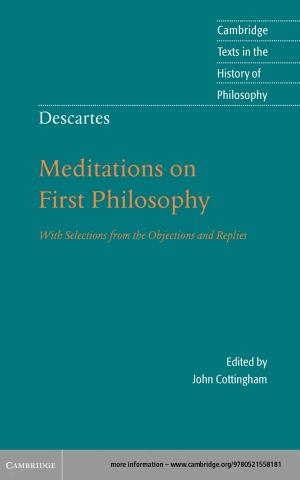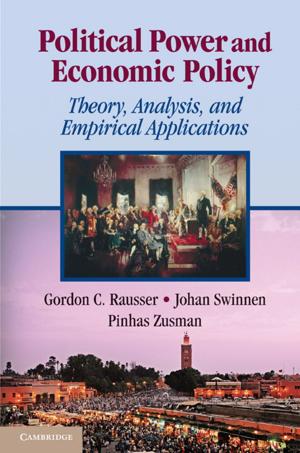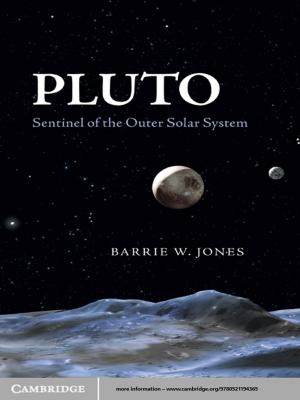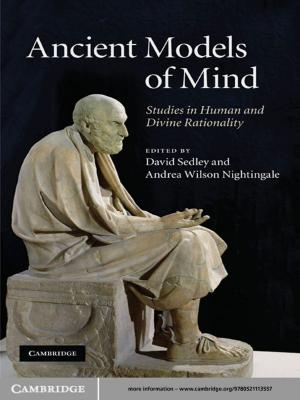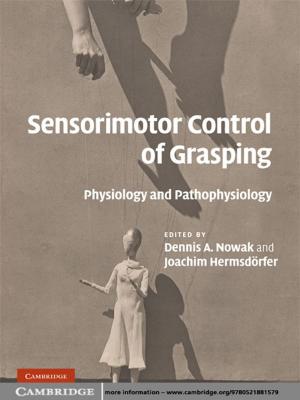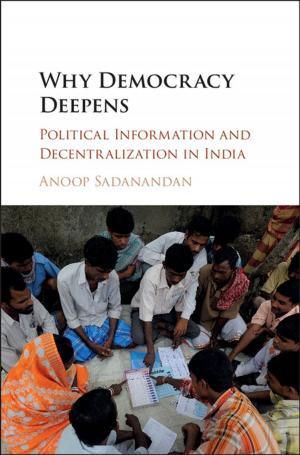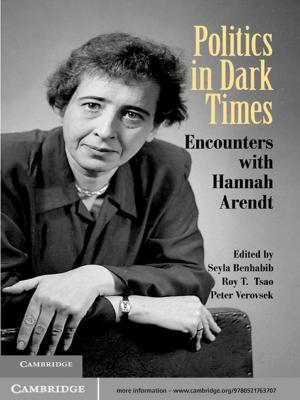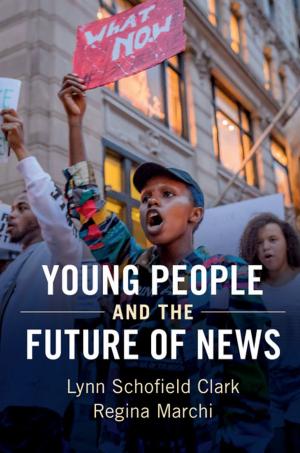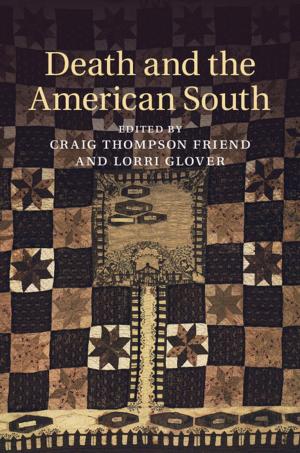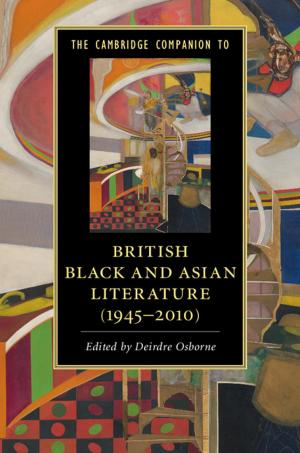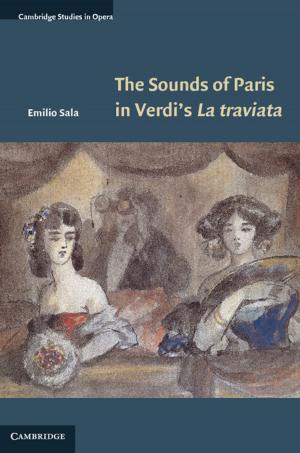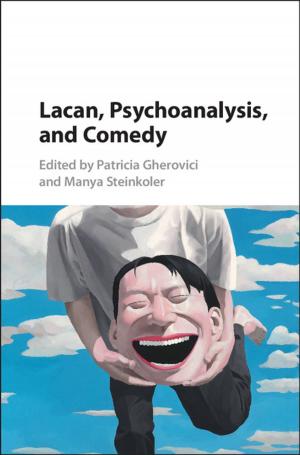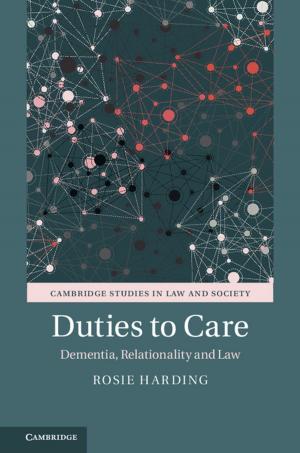Celebrity, Performance, Reception
British Georgian Theatre as Social Assemblage
Fiction & Literature, Drama, British & Irish, Nonfiction, Entertainment, Performing Arts| Author: | David Worrall | ISBN: | 9781107425699 |
| Publisher: | Cambridge University Press | Publication: | September 26, 2013 |
| Imprint: | Cambridge University Press | Language: | English |
| Author: | David Worrall |
| ISBN: | 9781107425699 |
| Publisher: | Cambridge University Press |
| Publication: | September 26, 2013 |
| Imprint: | Cambridge University Press |
| Language: | English |
By 1800 London had as many theatre seats for sale as the city's population. This was the start of the capital's rise as a centre for performing arts. Bringing to life a period of extraordinary theatrical vitality, David Worrall re-examines the beginnings of celebrity culture amidst a monopolistic commercial theatrical marketplace. The book presents an innovative transposition of social assemblage theory into performance history. It argues that the cultural meaning of drama changes with every change in the performance location. This theoretical model is applied to a wide range of archival materials including censors' manuscripts, theatre ledger books, performance schedules, unfamiliar play texts and rare printed sources. By examining prompters' records, box office receipts and benefit night takings, the study questions the status of David Garrick, Sarah Siddons and Edmund Kean, and recovers the neglected actress, Elizabeth Younge, and her importance to Edmund Burke.
By 1800 London had as many theatre seats for sale as the city's population. This was the start of the capital's rise as a centre for performing arts. Bringing to life a period of extraordinary theatrical vitality, David Worrall re-examines the beginnings of celebrity culture amidst a monopolistic commercial theatrical marketplace. The book presents an innovative transposition of social assemblage theory into performance history. It argues that the cultural meaning of drama changes with every change in the performance location. This theoretical model is applied to a wide range of archival materials including censors' manuscripts, theatre ledger books, performance schedules, unfamiliar play texts and rare printed sources. By examining prompters' records, box office receipts and benefit night takings, the study questions the status of David Garrick, Sarah Siddons and Edmund Kean, and recovers the neglected actress, Elizabeth Younge, and her importance to Edmund Burke.

